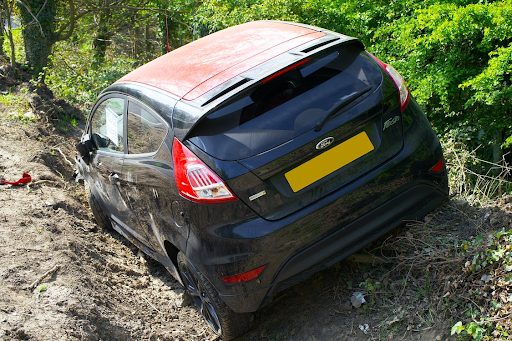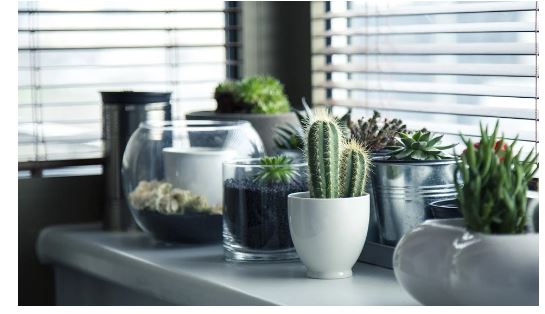These Useful Tips Will Help You Deal With The Consequences Of a Car Accident
There are many outcomes and consequences that result from being involved in a car accident. You have to deal with potential medical issues, insurance claims, police officers, other parties, lawyers, and potential case trials. It will feel overwhelming if you are not prepared to deal with both the short and long-term repercussions. Here are a few useful tips that will help you best handle such consequences of being involved in an accident.
Health, Safety, And Rehabilitation
One of the first and most immediate concerns and consequences you will face involves your safety. Immediately after an accident, you will want to determine any potential injuries for all those involved, whether that means yourself and your passengers, to those in the other vehicle or pedestrians. You will have to go to the hospital for treatments that can be both minor and major, depending on the severity of the injuries. Your treatment will vary, but regardless of the length of the recovery period, you need to always ensure that you make it a priority that you get the medical help you need, both right after the accident, as well as the treatment in the long run. This means following the advice of health practitioners and staying committed physically and mentally to rehabilitation if that is needed. Your long-term health may be affected for a while, and you will need to take the steps to either slowly recover, or learn to live with certain impacts on your health.
Legal Cases And Determining Responsibility
Another consequence that you need to watch out for when you are involved in an accident would be determining who is responsible for the accident and gathering evidence to either build a case or defend against the accusation. Distracted driving, as exemplified by https://toughinjurylawyers.com/car-accident-lawyer/common-causes/distracted-driving/, is a common cause of many accidents, but is often difficult to prove. There are many factors that can be associated with or attributed to distracted driving, and because of this, it makes it difficult to prove. You need to evaluate police reports and consider witness testimonies, camera footage, or other pieces of evidence in order to determine exactly what happened and who is responsible. It is in your best interest to collect and save as much evidence as you can to help construct your case to protect your side and interests when involved in such an accident.
Disability And Long Term Income Loss
After you have been involved in an accident, one of the major consequences that you will deal with is the fact that injuries can be serious and require weeks, months, or years to recover. In some more drastic cases, permanent disability is a reality that people may have to face. This long-term and possibly permanent disability will result in income loss. Although you can create a case for payments that are equivalent to the income that you lose due to the accident, you have to deal with more factors aside from the financial losses. You will want to look into resources that provide you with ways to address new circumstances that you will have to live with, whether that means attaining a new job, outfitting your home and vehicle to meet your needs, hiring support assistance, filing for certain aid and benefits, or finding the needed health practitioners to help aid in all your recovery. Returning
Dealing With Depression
The residual effects of a crash do not just translate to physical pains and financial issues, but also can take a toll on a person’s mentality or mental health. Being in an accident brings about a great deal of psychological stress, having to deal with healing from injuries sustained from the accident, dealing with and answering questions from a plethora of insurance companies, lawyers, and police officers, and having financial concerns from the accident and any income lost. This can trigger mental health issues due to the trauma that you have suffered. In order to combat this, there are different mental health professionals and resources that you should reach out to in order to handle the consequences suffered from your accident.
A car accident is a significant event that can have massive consequences for all those involved. Whether from a driver, passenger, or pedestrian standpoint, and regardless of who is responsible, there can be life-changing repercussions for anyone involved. Depending on what has happened to you, there are always resources to help you handle the different outcomes and bring some type of solutions to such an accident.
















